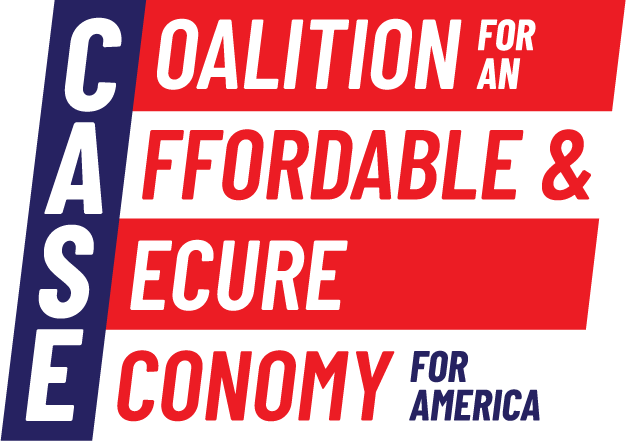From energy to agriculture, manufacturing to technology, Texan small businesses power the nation’s economy. But they’re struggling under new Trump tariffs, and time’s running out to change course and avoid permanent damage. They say everything’s bigger in Texas – and tariff trouble means Texans face the greatest risk of economic disaster.
During President Donald Trump’s first term, tariffs raised prices on everyday goods and devastated Texan families and small businesses. New data suggests this year’s tariffs could be even worse, costing the average family between $2,100 and $4,900. It’s a fact: tariffs are messin’ with Texas.
Tariff Impact On Texas During President Trump’s First Term
- Tariffs on Canadian lumber and Chinese steel added an estimated $9,000 to the cost of a single-family home, straining Texas family budgets. (Dallas Morning News, 10/2/19)
- Houston-based cookware company Chantal lost $60,000 because of tariffs on Chinese goods. (Houston Public Media, 10/31/19)
- Tariffs on steel destroyed dozens of Texas-based distributors, suppliers and manufacturers, exacerbated by a backlog of unprocessed exemption requests. (Houston Chronicle, 2/28/19)
Tariff Impact On Texas Today
- In 2024, Texas exported nearly half a trillion dollars in goods and imported nearly $400 billion – all of which is at risk thanks to tariffs and the ensuing chaos. (Observatory of Economic Complexity, 2025)
- Oil producers who import pipes from Canada and Mexico – a $750 billion dollar industry that employs almost 500,000 Texans – could be decimated by tariffs. (Texas Oil and Gas Association, 2025)
- Texas’ 23 ports generate more than one-quarter of the state’s gross domestic product (GDP). But uncertainty around tariffs is – in effect – forcing port officials to consider slowing investment in their operations and cutting jobs. (Houston Chronicle, 4/15/25)
What Texans Are Saying About Tariffs Today
- Ed Hirs, economics professor, University of Houston: “This will be worse than 2008. The Federal Reserve can’t do anything. That was a financially driven downturn. This one’s self-inflicted from government policy.” (Spectrum News, 4/8/25)
- Ray Perryman, founder and CEO, The Perryman Group: “We’ve estimated the state would lose around 370,000 jobs a year as a result of [tariffs], and around $46 or $47 billion a year in gross domestic product. Texas would by far be the state that’s hardest hit by these tariffs.” (CBS, 3/11/25)
- Becky Garza, owner, Texas Cafe: “I had a meeting with my waitress and we’re going up on the breakfast menu due to the high price of eggs. I save money and I am frugal. But right now it’s been getting difficult.” (ABC News, 3/4/25)
What Texans Said About Tariffs During President Trump’s First Term
- Raymond Robertson, director of the Mosbacher Institute for Trade, Economics, and Public Policy, Texas A&M University: “Texas relies on a lot of goods from Mexico. Not just as consumer goods, like avocados or things we would consume, but also, we import a lot of inputs that go into our own production. So raising these tariffs across all goods might end up costing American jobs.” (Texas Standard, 5/31/19)
- Gene Hall, spokesman, Texas Farm Bureau: “No question, it’s going to hurt. You couldn’t pick a worse time for agriculture to be in a trade dispute. There is some patience in the agricultural community for what the president’s doing, but there is some angst as well.” (The Texas Tribune, 7/11/18)
- Patrick Jankowski, senior vice president of research, Greater Houston Partnership: “The danger when the U.S. [imposes tariffs] is it creates a tit-for-tat mentality … And so what that’s going to mean is it’s going to reduce the demand for things we produce here in Houston, which will eventually reduce the output, which will eventually perhaps reduce the number of jobs that are supporting trade in the region.” (Houston Public Media, 6/15/18)
- James Gonzalez, owner, Toro Auto Sales: “Only maybe just now are we getting to the point where Laredo is getting on its own two feet. Now if you kneecap us with trade, you take the only leg we have to stand on. If we lose that, what do we have?” (NBC News 6/10/19)

